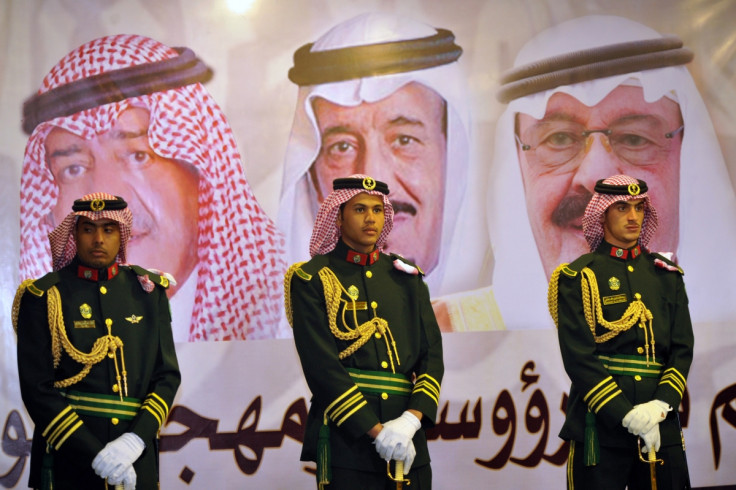Saudi Arabia Lists Muslim Brotherhood as Terrorist Organisation

Saudi Arabia has designated the Muslim Brotherhood a terrorist group in an apparent sign of retaliation with Qatar, which is an outspoken supporter of the transnational Islamist movement.
Following a public row that featured Riyadh, Bahrain and the UAE withdrawing their ambassador from Doha in protest at Qatar's "interference in their international affairs", the Gulf kingdom blacklisted the Brotherhood along with the Nusra Front and the Islamic State in Iraq and the Levant (ISIS), whose fighters are battling Syrian president Bashar al-Assad.
The decision to pull out diplomatic envoys was made because Doha failed to implement a security pact about non-interference in the internal affairs of the other states that constitutes the Gulf Cooperation Council (GCC).
"Saudi Arabia, UAE and Bahrain regret to announce that they will take what they deem to be the appropriate steps to protect the security and stability of their nations by withdrawing their ambassadors from Qatar," the Saudi foreign ministry said on Wednesday.
Qatar, which was the only Gulf country to support the revolutions of the Arab Spring, is the wealthiest country in the region and has been supportive of Mohammed Morsi, the Muslim Brotherhood leader who was removed by a military-backed coup as president of Egypt last year.
Owner of Al-Jazeera, Qatar reportedly irritated the Wahhabis for its support for the Muslim Brotherhood in Egypt.
Emile Hokayem, analyst with the International Institute of Strategic Studies, said that Riyadh and Abu Dhabi "see the Muslim Brotherhood as fundamentally a transnational movement, so Qatar's relationship with the Brotherhood is seen as facilitating a Trojan horse".
Qatar's government said it expressed "disappointment and surprise at the statement issued by the brotherly countries".
"The moves taken by the Kingdom of Saudi Arabia, UAE and Bahrain have nothing to do with their national interests nor their security and stability, but there is a difference of opinion and position on a number of issues outside the Gulf Co-operation Council," it said.
The UAE has also sentenced 30 people to prison terms stretching from three months to five years for setting up a Muslim Brotherhood cell.
© Copyright IBTimes 2024. All rights reserved.






